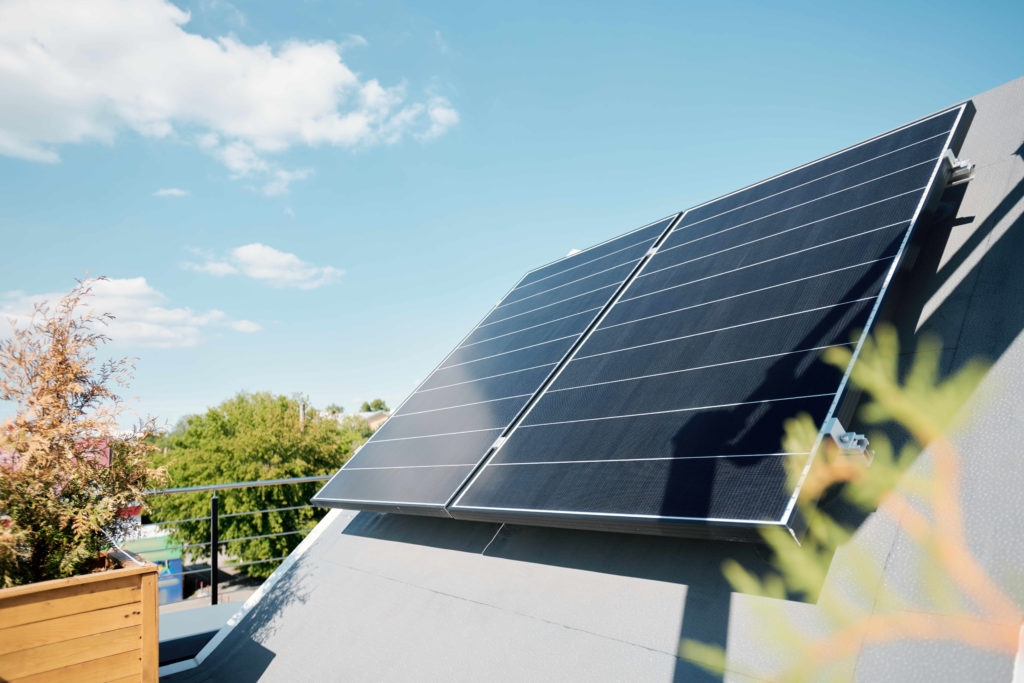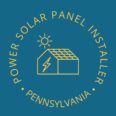If you are considering switching to solar power for your home, there are a few factors you should consider before making the final decision. The cost is one of the most important factors. Although solar energy is free after an initial investment, some experts dispute its efficiency. The other benefit of going solar is the fact that it doesn’t emit any pollutants.
Why Should We Switch Over To Solar Energy?
Solar energy is an excellent way to reduce your carbon footprint and save money while at the same time improving the environment. Traditional energy production comes from fossil fuels that are not only harmful to the environment but also consume a lot of water, affecting marine life. Solar energy requires no water, and it converts free solar energy into electricity. Solar energy also does not produce any greenhouse gases, making it one of the most environmentally friendly forms of energy.
Solar systems can pay for themselves quickly. The average homeowner in Hawaii pays off their solar system within 60 months. The savings from lower electricity bills more than pay for the initial investment. This is nearly half as long as it takes to earn the same amount of money in the stock market.
Is There A Downside To Having Solar?
One downside to solar power is that it generally requires a significant upfront investment. Solar panels and energy costs can be quite expensive, and it may take several years to recoup the cost through lower energy bills. Additionally, solar panels require regular maintenance, and they may need to be replaced sooner than traditional energy sources. Another potential drawback is that solar panels can be less reliable in cloudy or shady conditions. And finally, solar panels can have a negative impact on your home’s resale value.
Another downfall of solar power is its inefficiency in areas where the sun doesn’t shine. For example, parts of northern Europe have only a few sunny days each year, and Hawaii has two hundred and seventy-seven days of rain. Clouds also interfere with the sun’s rays, causing solar panels to lose their efficiency.
Is It Really Worth Going Solar Power?
While solar panels may seem expensive today, the cost of running them will drop dramatically over the years. With government tax credits and other incentives, solar power can be an excellent investment. Plus, it will help keep your home functional during times of power outages. In essence, solar panels are like insurance for your home. In the long run, solar panels pay even if they may initially cost some money.
Buying solar is an upfront investment, but the long-term benefits are well worth it. You can choose from a wide range of companies in your area and compare their quotes. This will increase competition and transparency, as well as result in a higher-quality installation.

Are Solar Panels Really Cheaper Than Electricity?
When comparing solar power energy to conventional electricity, it is worth keeping a few important factors in mind. First, solar panels only convert about 20% of the sun’s energy into electricity. Additionally, solar panels produce direct-current energy, which must be converted to alternating-current energy by an inverter. The process of converting solar energy to electricity is highly complicated, and electrical engineers should be consulted for any questions you may have. Also, installing solar panels produces greenhouse gas emissions due to the transportation of the panels. However, these environmental effects are minimal when compared to emissions from fossil fuels.
According to the International Energy Agency, solar electricity is 20 to 50 percent cheaper than electricity in 2020 – a price that varies depending on the region. The cost of offshore and onshore wind energy has also fallen significantly. In the new analysis, the IEA looked at the average “cost of capital” for developers of renewable energy technologies. In previous estimates, the IEA assumed costs would range from seven to eight percent for all renewable energy technologies, though the costs vary by country and development stage.
Does a Solar Panel System Increase Property Value?
Solar power panels can significantly increase your home’s value, but this isn’t the only benefit of installing them. Home values can increase by as much as 4.1%a year for homes with solar panels. According to Zillow, homes with solar panels and businesses with solar energy systems tend to sell for more. You should also think about the cost of a solar system, as it can be expensive and difficult to install.
A solar power system will provide energy for 30 to 40 years. This is an advantage that home buyers value, as they can save on their electricity bills and improve their comfort. Many home shoppers in Pennsylvania today are willing to pay a premium for a house with an energy-efficient solar system. The extra value you get from solar installations will depend on the size of your solar system and the age of your home. A larger system will generate more energy, and older solar systems will require more maintenance and repair.
What Is a Solar Power Panel System?
A solar power system is a set of solar panels that are installed on rooftops or in open spaces to produce electricity. Solar companies often lease solar panel systems to homeowners and businesses, who then receive lower energy bills. A solar energy system can also be purchased outright from solar companies. The cost of solar panel systems has decreased significantly in recent years, making them more affordable for homeowners and businesses. Solar panel systems typically have a 20-year warranty, and they require little maintenance. Homeowners and businesses can also receive solar rebates and tax credits when they install solar power systems. Solar panels are an environmentally friendly way to produce electricity, and they can save homeowners and businesses money on their energy bills.
Is Solar Power Better Than Electric?
The debate between solar panel systems and electricity has been ongoing for years, with proponents of both technologies touting their respective advantages. When it comes to maintenance costs, solar panels are typically much more affordable and have energy costs than electricity. Solar panels also have the advantage of being able to provide solar power even when the grid is down, which can be a lifesaver during a major storm.
What is Energy Efficiency?
Energy efficiency is using less energy to achieve the same goal. For example, energy-efficient lightbulbs use the same amount of light as traditional lightbulbs but use less energy. Insulating your home is another example of energy efficiency because it prevents heat from leaving your home, so your heating system does not have to work as hard to maintain a comfortable temperature. There are many benefits to using energy efficiently. When we use energy more efficiently, we save money and reduce pollution. Solar power is a great example—if we can use solar power more efficiently, it becomes, even more, cost-effective 3 because solar power is free once you’ve installed the necessary equipment. In addition, energy efficiency reduces our reliance on fossil fuels and helps us move towards a cleaner energy future.
